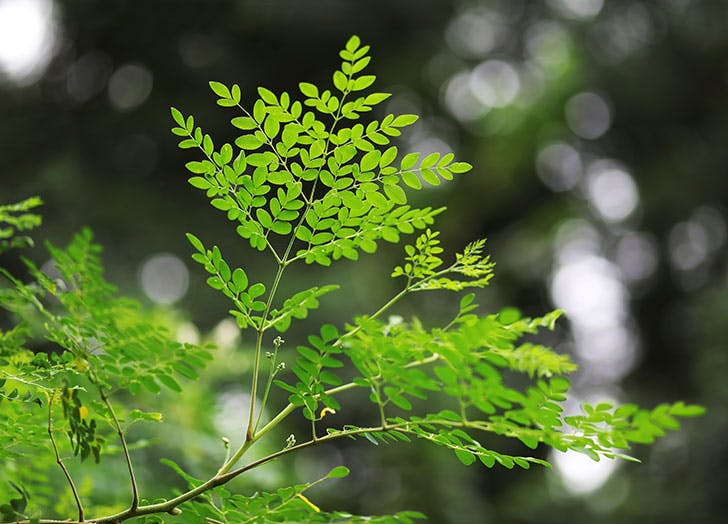By Cyrus A. Natividad

Moringa is known as a medicinal plant and a nutritious food crop for thousands of years.
People are turning back to gardening, and eating fresh vegetables and herbs from their backyard during this pandemic. It should be a practice that should not be forgotten because God has blessed the Philippines with fertile soil.
It has been almost a decade since the Department of Agriculture involved Central Philippine University in promoting organic agriculture as host of West Visayas Regional Organic Agri-Research Fair and Exhibits. Then it was stopped by the pandemic.
We could recall the lectures by internationally known Agriculturists like Dr. Manny Palada (CPU BOT) and Dr. Ravindra C. Joshi among others, when we speak of herbs. They focused on the natural efficacies of the organic Malunggay (Moringa Oleiferia). The herbs are continuously recommended as alternative medicine. The Malunggay is benefitting many people and it has a big impact on the health and wealth of the Filipinos.
The Department of Science and Technology has been promoting to go back to natural medicine for health and economic benefits. And one of these herbs is the Moringa Oleiferia. It is known as a medicinal plant and a nutritious food crop for thousands of years.
Malunggay is easy to plant and has greater nutrients for all walks of life. The nutritious vegetable-herb can often be found on the tables of low-income families, but on the other hand, pouches or sachets and capsulized moringa are bringing income to farmers as well.
In his foreword for the book, The Miracle Tree, CPU President Dr. Teodoro C. Robles said, “The emerging economic profitability and undeniable health benefits of Moringa Oleiferia has caught the attention of Central Philippine University, seeing it as an avenue to extend help to others through research and development.”
In your next fish or meat soup, do not forget to put some moringa. It will surely help in enhancing your immune system.
